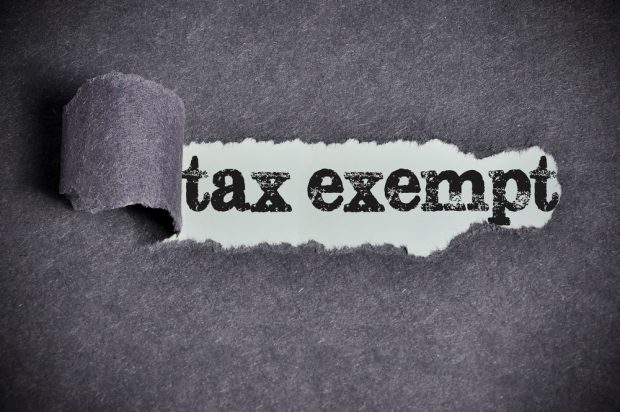
A coalition of fiscal conservative organizations is urging Senate Finance Chairman Orrin Hatch (R-Utah) to follow through on his effort to closely examine the credit union tax exemption, saying the largest ones more closely resemble banks.
The ten groups, led by the National Taxpayers Union, say that while the majority of credit unions continue to limit depositors to groups that hold a common bond, some have abandoned those principles.
“These particular entities have eased their membership requirements and accepted customers who do not meet their original qualifications, which they set themselves, they said in a letter to Hatch. “In doing so, they may have undermined the 'common bond'requirement.”
CUNA President/CEO Jim Nussle immediately sent a letter to Hatch disputing many of the assertions in the group's letter.
Hatch this week asked the IRS to begin requiring credit unions, particularly the largest ones, to file informational tax returns that would provide details about their business operations.
Banking groups praised Hatch's actions; credit unions say it would impose an unneeded regulatory burden on them.
The ten groups said that the tax exemption has significant budget and revenue implications. They said that the tax exemption will deprive the federal government of $35 billion over the next decade, with 75% of that tax advantage going to the top 5% of credit unions.
“As with any industry, the realm of finances has grown and changed over the past several decades, and it is important for Congress to regularly review the governing tax and regulatory provisions,” the groups said. “From this perspective we urge the Finance Committee to evaluate the tax-exempt status for large credit unions, so that it remains aligned with the intent of Congress and the interest of sound economic principles.”
In addition to the National Taxpayers Administration, the groups signing the letter are: the Taxpayers Protection Alliance, Consumer Action for a Strong Economy, the Family Business Coalition, Less Government, the Business Coalition for Fair Competition, the Center for Freedom and Prosperity, the Hispanic Leadership Fund, Let Freedom Ring and the Frontiers of Freedom.
In his response, Nussle wrote that the NTU falsely characterizes credit unions and their work.
“The group claims (on one hand) that credit don't do enough to serve lower-income households but (on the other hand) attacks credit unions that seek to expand their membership to serve those groups,” Nussle wrote.
He said that credit unions were created to serve wage-earning, working class people, adding that they are “unique in the marketplace – no other class of financial institutions is democratically owned by its depositors.”
The majority of credit unions operate with narrow fields of membership and may not have the ability to serve low-income or unbanked people, according to Nussle. He said that credit unions view serving the unbanked but have been hampered by banks that seek to block them.
He said that the credit union tax status has nothing to do with the credit union common bond, adding that the original role of the common bond was to control and reduce credit losses in an era when little was known about borrower creditworthiness.
Nussle wrote that contrary to the groups' claims, large credit unions are more likely than their smaller counterparts to serve narrow fields of membership.
Nussle also said that the taxpayers' union greatly overstates the revenue impact of the tax exemption since the groups' estimate does not reflect changes to the tax code.
He added that if credit unions were taxed, the receipts “would have accounted for only 0.07% of federal spending, which would have funded federal government operations for only seven hours.”
If credit unions were taxed, it would eliminate nearly $11 billion in direct financial benefits that currently accrue to credit union members, Nussle said.
© Touchpoint Markets, All Rights Reserved. Request academic re-use from www.copyright.com. All other uses, submit a request to [email protected]. For more inforrmation visit Asset & Logo Licensing.






